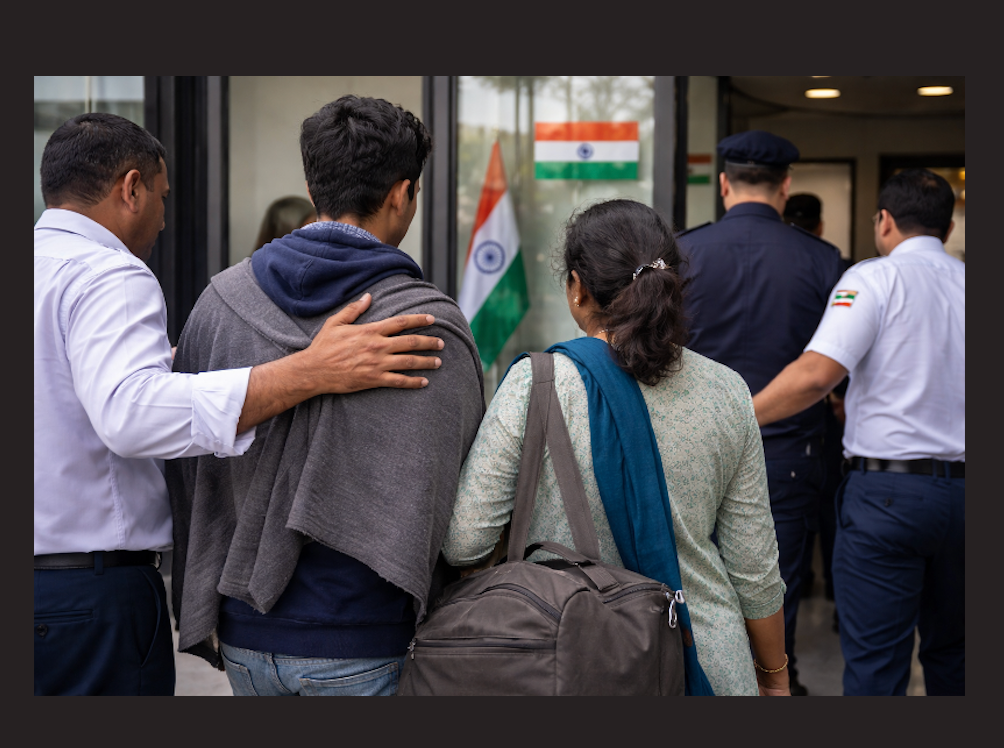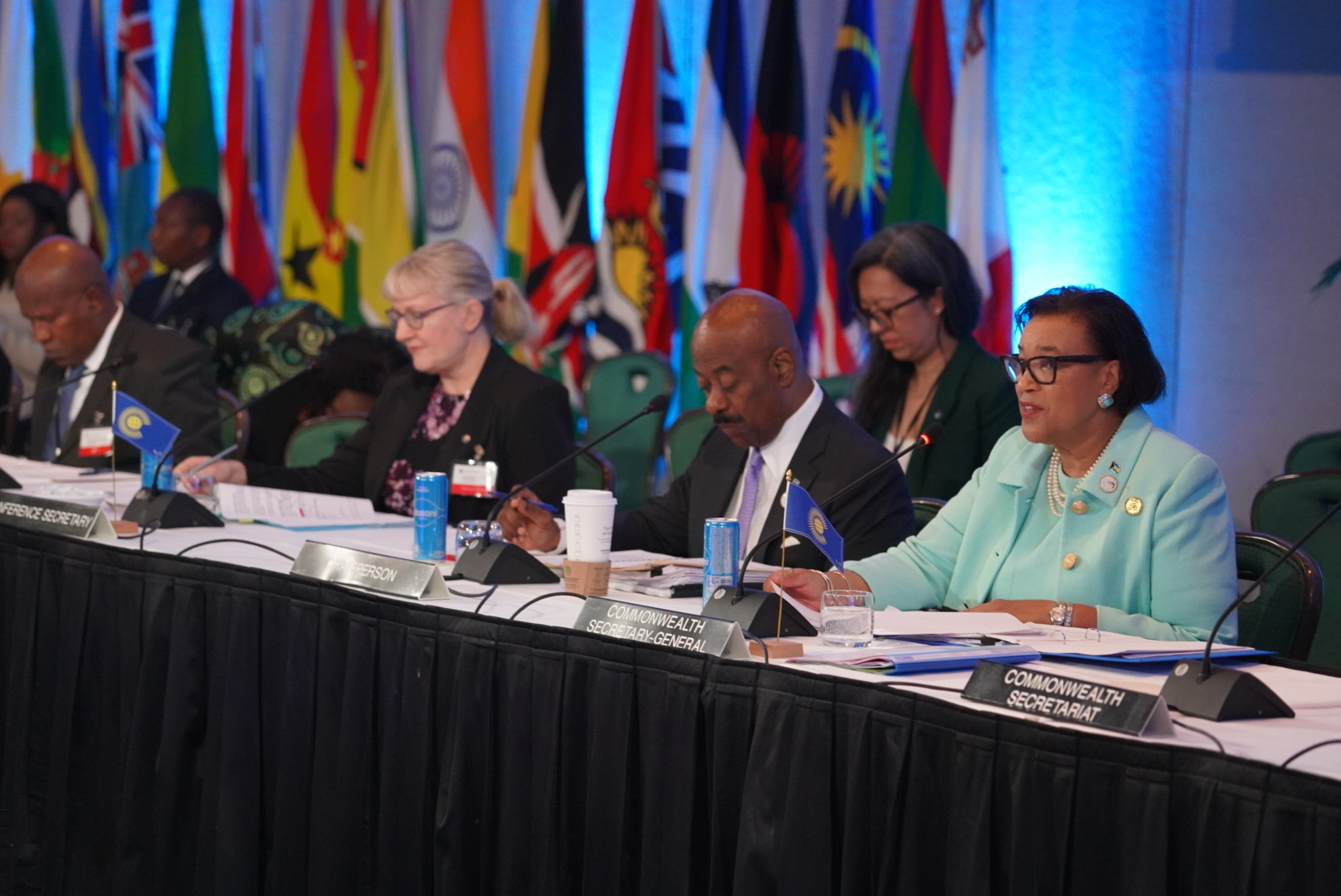The existing comprehensive naturalization process, a prerequisite for attaining American citizenship, already spans several months, further compounded by the mandate of holding permanent residency for a certain number of years before one is eligible to apply
Anticipated to be enforced from the upcoming year (2024), the United States’ forthcoming citizenship assessment has raised concerns within the immigrant community and among various advocates. The Biden Administration has faced criticism for introducing more intricate citizenship requirements, particularly impacting specific groups. The existing comprehensive naturalization process, a prerequisite for attaining American citizenship, already spans several months, further compounded by the mandate of holding permanent residency for a certain number of years before one is eligible to apply, according to a report by moneycontrol.com.
NOTABLE CHANGES IN THE 2024 US CITIZENSHIP TEST:
In 2020, the previous US administration, led by Donald Trump, made substantial revisions to the citizenship test, making it more rigorous and intricate compared to its predecessor. Upon assuming office in 2020, President Joe Biden expressed his intent to eliminate these hurdles to citizenship and revert to the previous version. His administration consequently rolled back the changes. Regrettably, this shift was short-lived as US officials announced in December 2022 their plans for a much-needed update to the test, citing its lack of revision over the past 15 years.
The updated format may encompass a speaking component introduced by the US Citizenship and Immigration Services (USCIS). In this segment, an officer will present images depicting everyday scenarios and request verbal explanations from the examinee. This modification contrasts with the current version where a candidate’s speaking ability is evaluated through questions about personal experiences. This transition is seen as a more straightforward process, given that candidates have already addressed such questions during the naturalization documentation.
Replacing oral short-answer inquiries on American history and government with a multiple-choice segment could elevate the test’s difficulty due to the heightened demand for profound subject knowledge. For instance, if asked about a US-involved conflict in the 1990s, the applicant must choose from provided options, deviating from the initial requirement of naming one such war. Under the revised structure, applicants need familiarity with all five conflicts the nation was engaged in during that period.
The shift may inadvertently dissuade immigrants due to the elevated proficiency criteria. The existing version necessitates answering six out of ten randomly selected questions correctly to pass. Although candidates can familiarize themselves with the set of 100 possible questions, the new approach requires a broader understanding.
-
As the Biden Administration conducts a trial for the new examination, advocates and members of the US Congress are anticipated to seek clarity and additional information
-
The concerns about potential barriers introduced by the revised citizenship test could make the path to US citizenship more challenging for immigrants with limited English skills
-
As the USCIS proceeds with the updates, the hope is for a balanced and equitable approach.
This trend is evident from the 2022 statistics, with over a million individuals gaining citizenship, marking a record high. However, the USCIS aims to reduce this figure by 60%, thereby limiting naturalization applicants.
Implications for Indian Citizenship Aspirants: The modified test, characterized by increased complexity, length, and associated fees, presents challenges for many Indian applicants. Furthermore, immigrants struggling with English comprehension might face difficulties pursuing US residency. As a result, there have been calls for tailored testing procedures for such populations.
Advocates express apprehension that the new prerequisites could transform one of the more straightforward tests within Western immigration systems into a notably arduous endeavor. Despite the intention to better align with American values, there is noticeable disagreement on this matter.
Considering English is not their native language, articulating explanations for images before federal officials can be intimidating for individuals from countries like India. This hurdle is magnified by potential difficulties in reading and writing, making the multiple-choice format less practical. With a diverse range of immigrants seeking citizenship, the challenge posed by limited access to resources and language proficiency is further compounded by these updates.
Nonetheless, USCIS asserts that these proposed changes reflect best practices in test design, aiming to gauge the applicant’s grasp of the language. Consequently, candidates have already begun preparing for these upcoming modifications.
As the Biden Administration conducts a trial for the new examination, advocates and members of the US Congress are anticipated to seek clarity and additional information. The concerns about potential barriers introduced by the revised citizenship test could make the path to US citizenship more challenging for immigrants with limited English skills. As the USCIS proceeds with the updates, the hope is for a balanced and equitable approach.
Furthermore, the integration of the nation’s culture and history through these changes could yield positive outcomes. Experts emphasize the importance of maintaining a balance between the current and new frameworks to ensure inclusivity and diversity among the pool of applicants.
******************************************************
Readers
These are extraordinary times. All of us have to rely on high-impact, trustworthy journalism. And this is especially true of the Indian Diaspora. Members of the Indian community overseas cannot be fed with inaccurate news.
Pravasi Samwad is a venture that has no shareholders. It is the result of an impassioned initiative of a handful of Indian journalists spread around the world. We have taken the small step forward with the pledge to provide news with accuracy, free from political and commercial influence. Our aim is to keep you, our readers, informed about developments at ‘home’ and across the world that affect you.
Please help us to keep our journalism independent and free.
In these difficult times, to run a news website requires finances. While every contribution, big or small, will makes a difference, we request our readers to put us in touch with advertisers worldwide. It will be a great help.
For more information: pravasisamwad00@gmail.com








